Videos
Florida Senator Jason Pizzo talks about the value of investing.
Show Transcript
Sen. Jason Pizzo: There’s a gentleman right here in the front row, his name is Louis Orloff from St. Pete? Tampa? Where are you from?
Louis Orloff: St. Pete.
Sen. Jason Pizzo: From St. Pete who came to me a couple years ago with an idea that I think is not a terrible one. And immediately I remember I reached out to Enid to talk to her husband Steve, I wanted to sort of broach the topic and talk about it and some other people and it’s the following: these reserve accounts don’t earn any interest, they don’t get any kind of return. And we’re talking about 634 units and you’re putting that kind of money away for a long period of time, you know, and there’s absolutely no return, that’s why people are… really reluctant. They lose the opportunity cost of those dollars. It’s kind of like when you got a mortgage—your first mortgage at least—and the bank requires you to escrow property taxes and you’re like, “I’m fronting all of this money, they’re getting the float, right, and then they get to hold that money and then they pay… when they want it, but I’m losing the ability to use that money.” Reserves kind of have, a lot of people have that same mentality: “I’m just throwing money into a kitty, I might not be… living here in five years. Right?” That also exacerbat[es] that kind of issue.
So Mr. Orloff came up with an idea that I actually proposed and filed a bill and people were like that’s not a bad idea. That, with proper planning, [a] certified financial advisor, the appropriate… double, triple checks, to allow associations to actually invest the reserves. Nothing aggressive, but just something maybe like that a teacher’s pension plan would be invested in to earn some kind of maybe even low single-digit, you know, high single-digit return. It’s like rule of 72 over a serious number of years—by the time you get to a 10-, 12-, 13-year schedule you may have doubled the principal amount of the reserves in the account without actually putting anything in. And you know that’s one kind of instrument or idea of lessening, you know, what everyone’s considering to be doom and gloom and the apocalypse coming.
Florida Senator Jennifer Bradley talks about the difference between Reserves and Structure Integrity Reserves
Show Transcript
Sen. Jason Pizzo: A couple of other questions, before I go to Senator Bradley, all related to board director’s mis-management issues, meetings, elections concerns. That will absolutely be tackled and addressed in the incoming session, as well, as it relates to more efficient, comprehensive reporting of issues and getting more timely responses. When you come upon some of these issues or problems that are happening, it’s usually a 48-hour/72-hour sensitive window about an election or some sort of mis-management or concern about that, and then having to wait 2 month or 3 months for a reponse is obviously not helpful whatsoever. Senator Bradley, do you want to take the next one?
Sen. Jennifer Bradley: Sure. The next question is: “Is there a distinction between structural integrity funds and reserve studies in the statute.” And that is a critical distinction that is new for folks who have been in the condo world with this bill. You have your traditional reserve studies, budget planning tools that allow condos and associations to plan their financial health, and they are recommended by professionals, they should be done. Some do them every year, every 3 years, hopefully every 5 years. I mean those are the reserve studies that most people are familiar with. What this bill did through the work of Representative Perez was to create a new type of reserve study called the structural integrity reserve study, and what that part of the bill requires is that once every 10 years, so we’re hoping that you’ll continue to do your regular reserve studies, but every 10 years it needs to be of this particular type. And that will require that it’s not just a reserve study company coming… it requires the input of a professional—of an architect or an engineer to be a part of that study. To look at enumerated, I think there are 10 or 11 enumerated, areas of the structure, and step through and make sure that there is an estimated useful life and that there are funds there so that when that item and when that part of the building needs to be replaced, that the funds are there to do that. So there’s regular reserve studies and also these structural integrity reserve studies. Very different.
Florida Representative Daniel Perez talks about structured reserve funds.
Show Transcript
Rep. Daniel Perez: …first constructed the time period for a reserve fund to be funded on the structural integrity components was a year, and we understood the potential financial burden that that would have, and so through conversations and negotiations, we have extended that to three years. And so we have given these associations three years to get the necessary funds for those specific components. So it’s not for the flower bed or for the gate or for the security guard—it’s for those specific components, we’ve given three years in order for those funds to be recuperated. And so that was kind of our happy medium.
